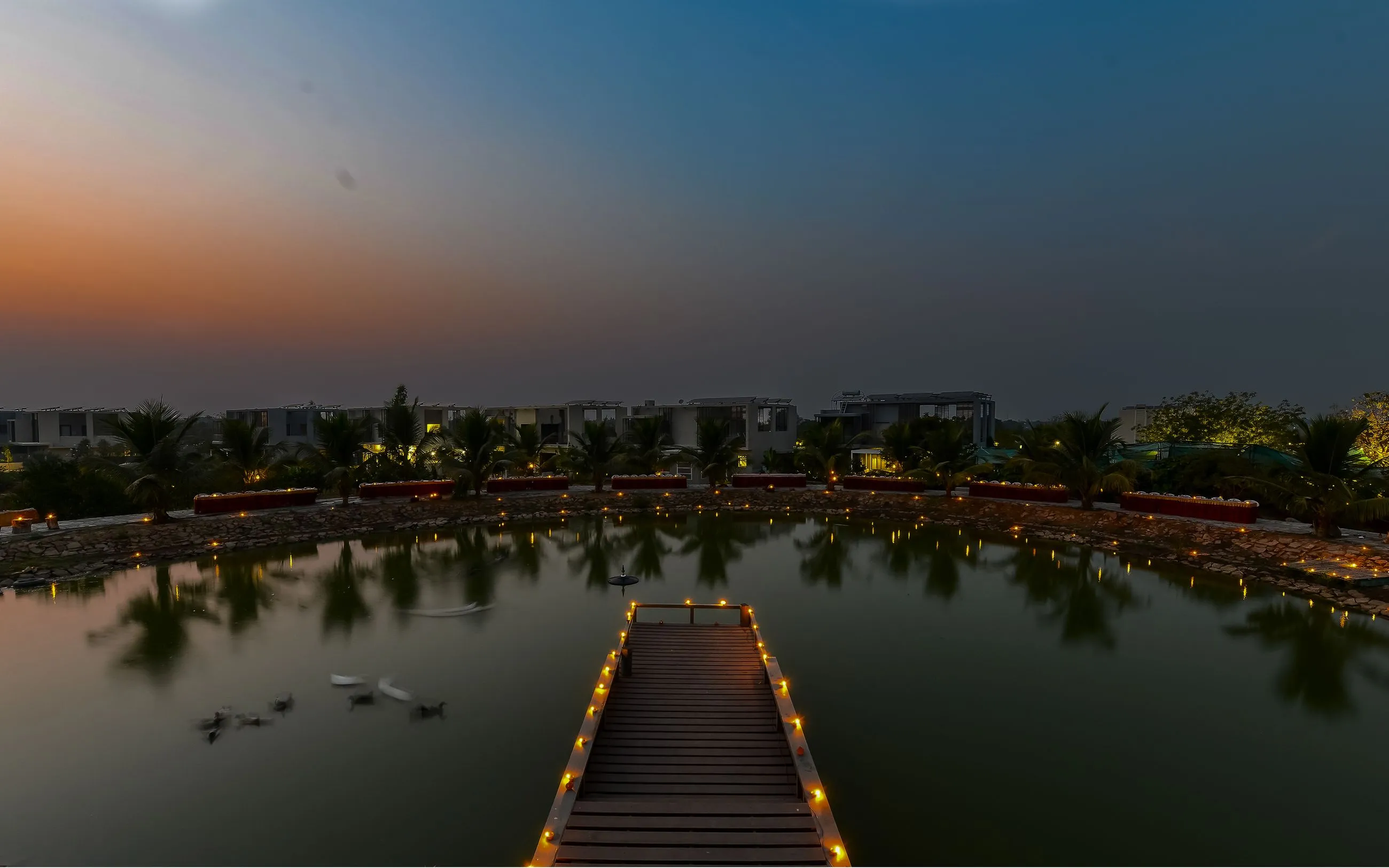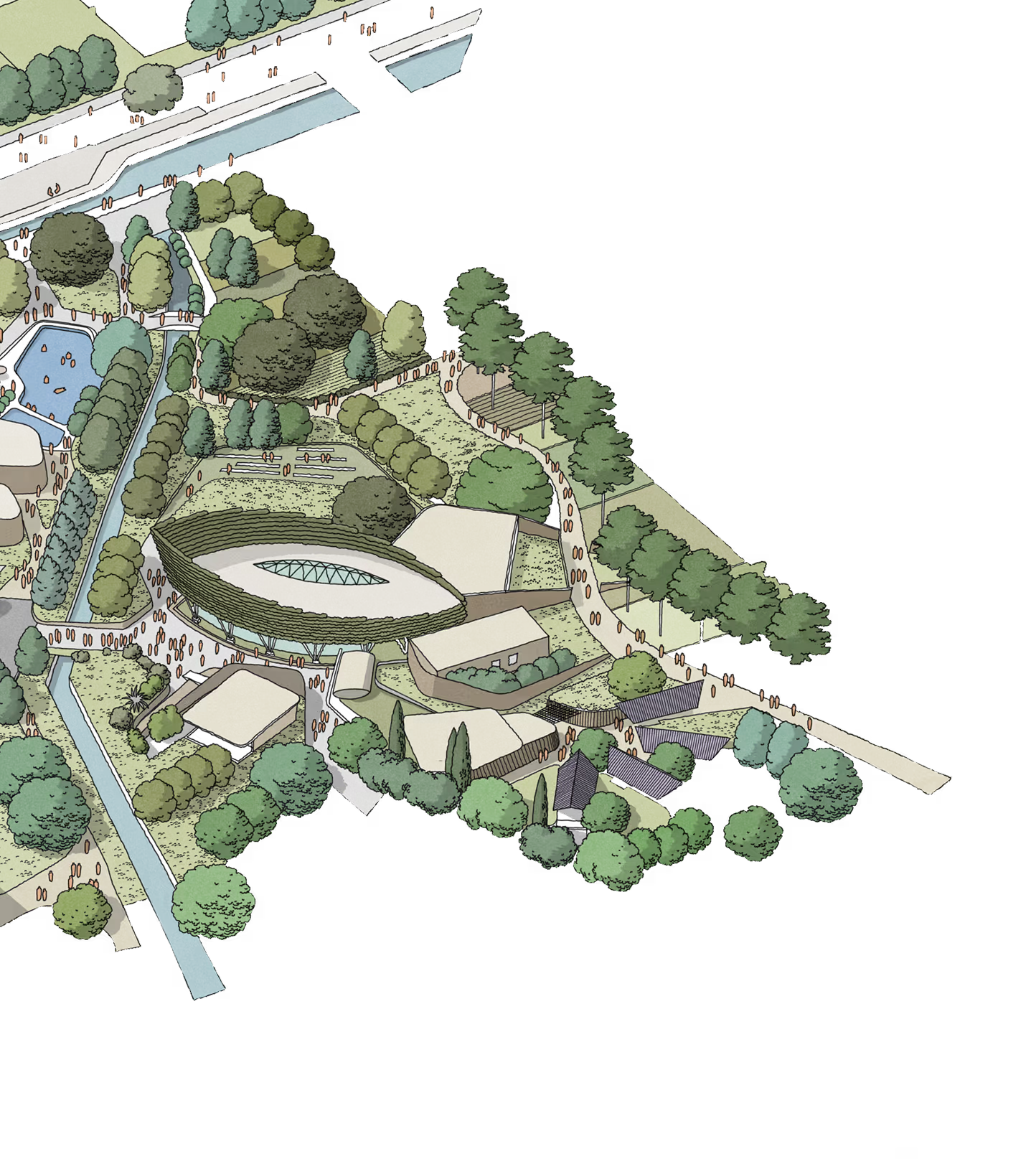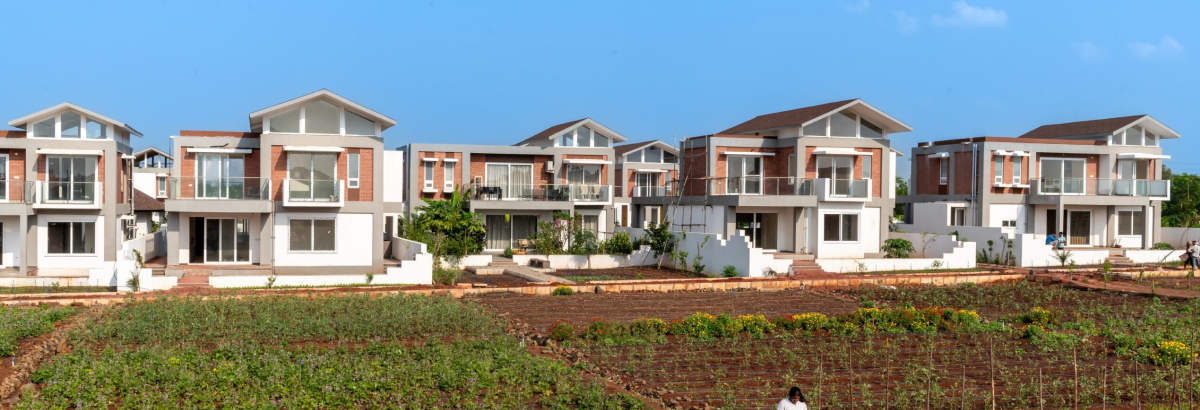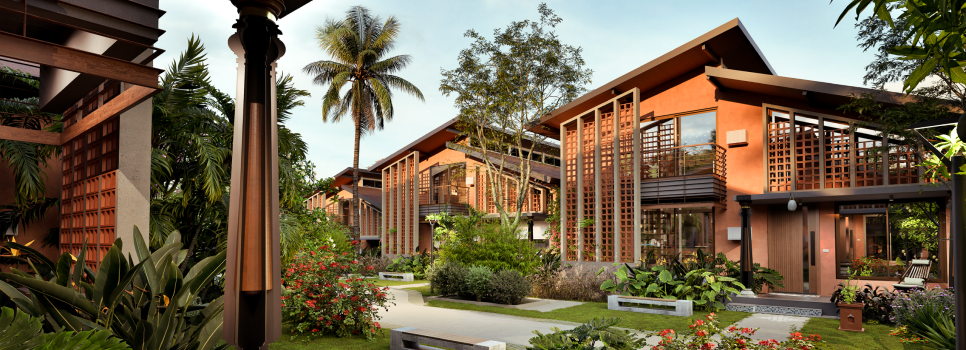
From a vision to counter the disconnect urban life brings, Organo creates eco-habitats where nature, community, and regenerative design come together.
Our Rurban communities blend rural calm with urban access, enabling families to thrive—get healthier, more resilient, deeply connected to the land and to each other, towards a more meaningful way of being.
Our Rurban communities blend rural calm with urban access, enabling families to thrive—get healthier, more resilient, deeply connected to the land and to each other, towards a more meaningful way of being.
DIscover Organo
This Is Our Story
.avif)
.avif)
Sapthapatha
suhp-thuh-puh-thuh
Words like Prosumer, Samavriddhi, and Rurban aren't jargon. They drive our checklists and shape how we design and build—from farming plans to home layouts to everyday life across our communities.
More on Design
Not Just Jargon
Our
Communities
9 eco-habitats across Hyderabad, balancing modern living with health, sustainability, and social impact.
Awards & Accolades
9 Global and Indian awards, IGBC platinum certifications, a BBC showcase, the list keeps growing.
IGBC Green Homes Platinum Certification
International Architecture Awards, 2018
International Architecture Master prize, 2018
World Green Building Council APN Leadership Net-Zero Award 2018
World Green Building Council APN Leadership in Sustainability Award 2018
Aegis Grahambell Awards - Innovation in Real Estate 2024

Want to experience an Organo community?
Thank you!
We have recieved your submission and will get back to you soon.
Oops! Something went wrong while submitting the form.
.svg)


